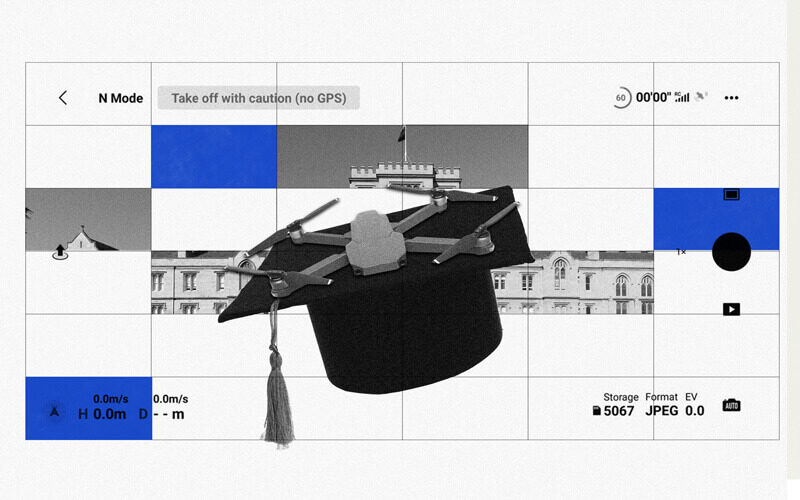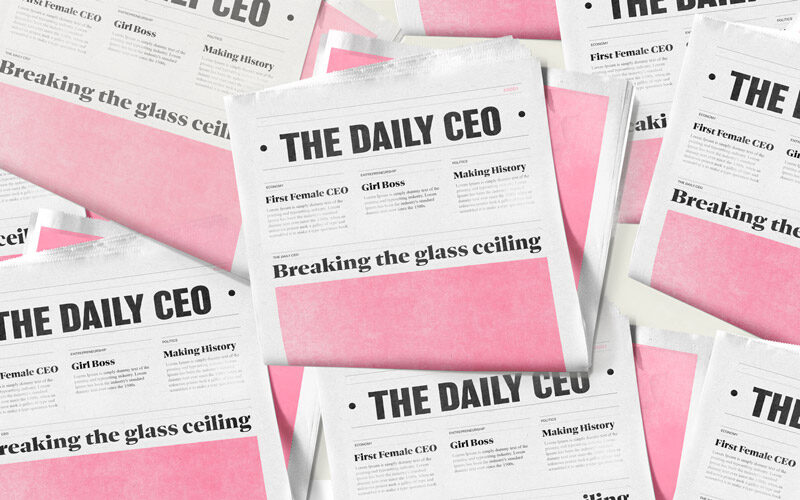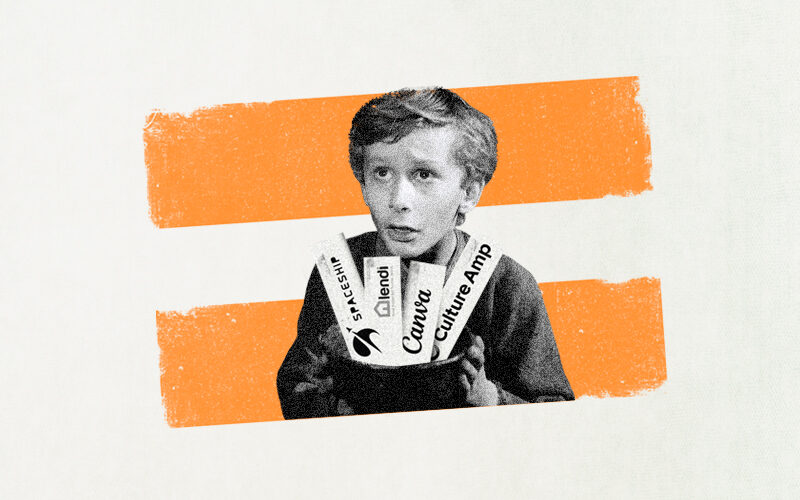Henrietta Rix, founder of vintage-inspired retailer Rixo, has been in the UK papers for her statement: “If you’re driven by 50% off… it may not be right for you”.
At first glance, it has a similar energy to “if you have to ask the price, you can’t afford it”.
Especially coming from an upmarket British brand with a headquarters in Hammersmith that stocks at Harrods and sells to the Princess of Wales.
Adjacent to the borough of Kensington and Chelsea and home to such high end HQs as Fever Tree Tonic and Charlotte Tilbury, Hammersmith, West London is the exact sort of place where you’d expect people to scoff at that word that quite literally means dirty in French: sale.
But when you read into Rix’s reasons for killing the coupons, it starts to sound a little less snobby. And after making a £3.5 million profit on sales of £10.3 million, she might be onto something.
Rixo has decided it’s death to discounts – forever – because she doesn’t “want to encourage people to buy for the sake of buying”.
When fast fashion is harming the planet, it’s a noble position to take.
But conspicuous consumption aside, and whether the industry is fashion, fitness, or fintech, there are many reasons founders should be cautious about cost reduction.
Because the cheaper an item, the lower its value can appear to be. Of course, there will always be consumer groups who (are in many cases forced to) look for the cheapest price no matter the market.
But then there are middle segment and high end customers – groups who have money to spend and whose repeat business is ripe for picking – who will actually be put off by discounted dollars.
The hamster wheel
In the realm of physical products, the pros of sales are obvious: shift unsold stock while consolidating costs of production.
In SaaS and other intangible products, it’s usually about temporarily inflating conversion rate or making a run on customer acquisition.
But the other side of the coin will always be draining margins and tarnishing the brand’s good name.
There are only so many flash sales before a customer starts asking “why?”.
And if you’re going for luxury or exclusivity, sales imply the antithesis. Take British luxury brand Mulberry, who never does sales, only ‘Mulberry Preloved’, which sells “vintage” stock (for basically the same price as new bags).
Sales can’t fix a leaky bucket. They are a bandaid that have their place in very specific and anomalous situations – like shifting retiring products, or introductory offers with very specific targets and time limits.
In Episode 40 of the podcast Drive and Convert, Jon Macdonald describes the constant rotation of listing and discounting a “price cutting hamster wheel that is increasingly difficult to get off of”.
Because sales are fuelled by urgency. And that gets hard to maintain when the customer clicks onto your discount schedule and just waits ‘til the next one to buy.
Value perception
Then there are the brands who don’t stick to their word. Price only available for 24 hours! Then 24 hours go by and it’s: “we’re giving you another 24 hours to buy!”. This kind of desperate and conditional discounting erodes trust and, frankly, pisses people off.
There’s more psychology at play. The ubiquitous coupon code box that lingers tantalisingly around the online checkout can actually trigger feelings of missing out, and dilute the dopamine-inducing experience of making a purchase.
The Good found that when a customer stares at a cursor flashing in this bright, white, seemingly endless empty field, they want to fill it in. And if they don’t, they feel like they’re not getting the best deal. Once the seed of doubt is planted, you’ve got almost-completing customers opening new tabs to browse competitors.
The implication is that – like many high end fashion and consumer goods brands – it’s better not to have one in the first place.
A different kind of discount
There’s always a trade off.
You might attract the one-time bargain hunters, but it could be at the cost of long-time evangelists who have become disillusioned with your reckless and incessant price erosion.
Take Elon. You can definitely argue he did a social good by making Teslas more affordable to the masses. But there are a lot of ticked off brand loyals who feel taken advantage of, and who will probably never buy from him again.
Try instead: increasing value rather than decreasing price point.
This should be a two-pronged attack, first: sales, branding, and marketing efforts that position your offering in the market and assert your value to the consumer. Second, some more tangible added value like a sign-up bonus, membership perk, or loyalty incentive.
People say you can’t buy loyalty, but they’re probably lying. Wiredcards 2019 Consumer Incentives study found that 75% of customers were “likely” to make another purchase after being given an incentive.
Another more considered technique is bundling, which works well with digital offers. Take the products you’d normally put on sale and combine them at a slightly discounted rate. You’ve narrowed your margins, but you’ve sold two or three features or add-ons instead of one.
Like so many things in sales, it’s all about the mindset.
If your product is something cheap that just needs to be shifted, you might serve a short term goal, but lose potential future customers to lowered expectations.











